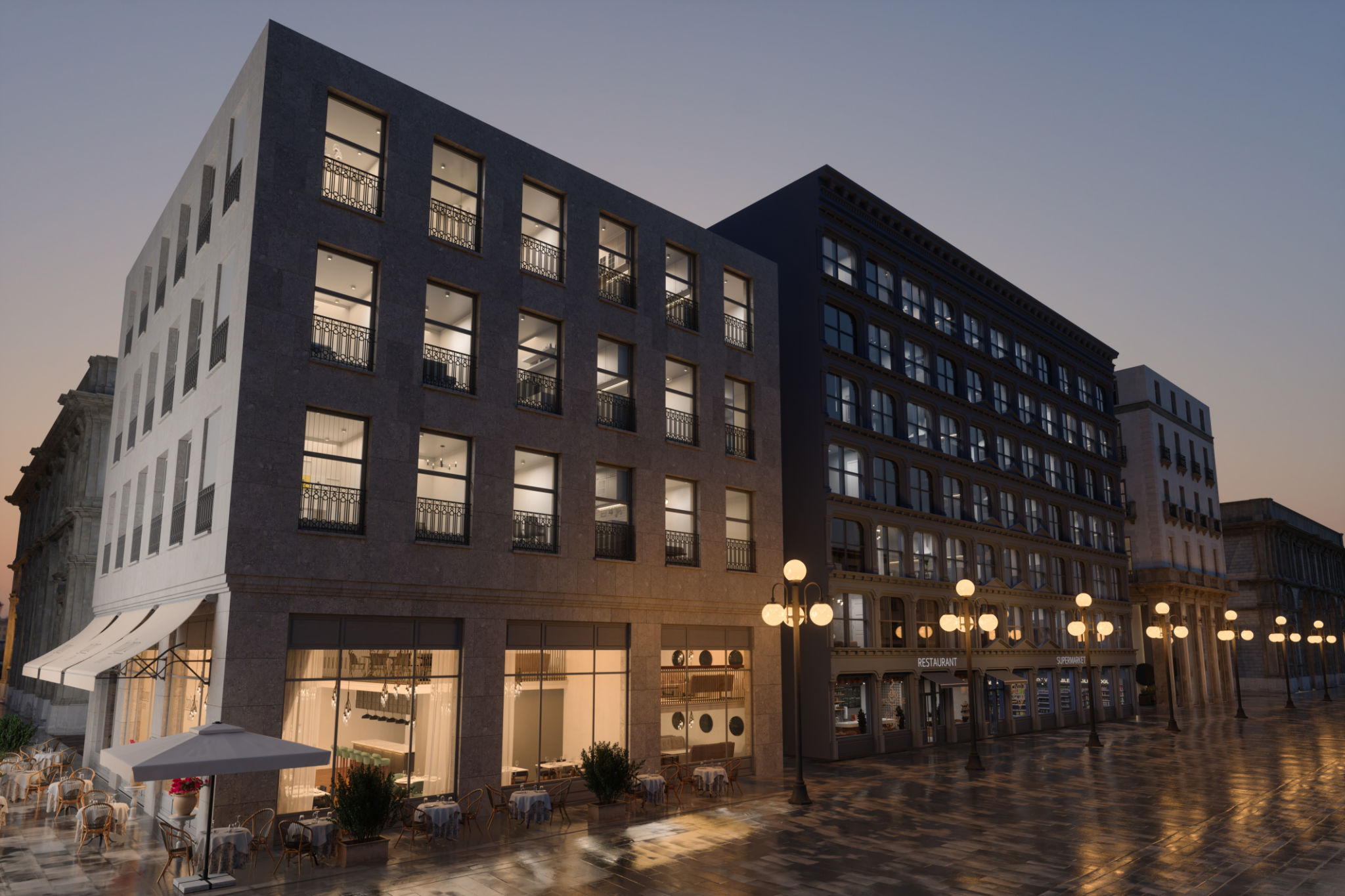Case Study: How Flexible Cash Advances Helped a Local Retailer Thrive
TK
Introduction to Flexible Cash Advances
In the ever-changing landscape of retail, businesses often encounter financial hurdles that can impede growth or even threaten their survival. A local retailer recently faced such challenges but managed to thrive, thanks to the strategic use of flexible cash advances. This case study explores how these financial tools can be a lifeline for small businesses in need.

Understanding the Retailer's Challenges
Our featured retailer, a family-owned boutique, was struggling with fluctuating cash flow due to seasonal sales variations. Despite a loyal customer base, the business was hit hard during off-peak times, making it difficult to cover operating costs and invest in inventory. Traditional loans were not an option due to stringent qualification criteria and long approval processes.
The Need for a Quick, Reliable Solution
The retailer needed a quick, reliable solution to manage their cash flow effectively. They required a financial tool that could provide immediate funds without adding a significant burden of debt. This is where flexible cash advances came into play, offering a viable alternative to traditional financing.

What Are Flexible Cash Advances?
Flexible cash advances are short-term funding solutions that provide businesses with immediate access to cash based on future sales. Unlike traditional loans, these advances do not require collateral and are repaid through a percentage of daily sales, making them inherently adaptable to the ebb and flow of business income.
Benefits of Cash Advances
For our retailer, the primary benefits included:
- Rapid Access to Funds: The application and approval process was swift, providing funds within days.
- No Collateral Required: This reduced the risk and stress associated with securing a loan.
- Flexible Repayment Terms: Repayments were aligned with sales volume, ensuring affordability even during slow periods.

Implementation and Impact
The retailer used the cash advance to stock up on trending inventory, enhance their marketing efforts, and cover operational expenses during slow months. This strategic investment paid off as they experienced increased foot traffic and sales. With the enhanced cash flow, they were able to further invest in their business, creating a positive feedback loop.
Long-Term Benefits
Beyond the immediate financial relief, the retailer also gained greater financial stability and the confidence to plan long-term growth strategies. The ability to manage cash flow effectively enabled them to build a more resilient business model and explore expansion opportunities.

Conclusion
This case study highlights the critical role flexible cash advances can play in supporting small businesses facing cash flow challenges. By offering a swift, adaptable funding solution, these advances empower retailers to seize growth opportunities and navigate financial hurdles with ease. As demonstrated, flexible cash advances can be a key component in fostering a thriving retail environment, enabling businesses to not only survive but flourish in a competitive market.